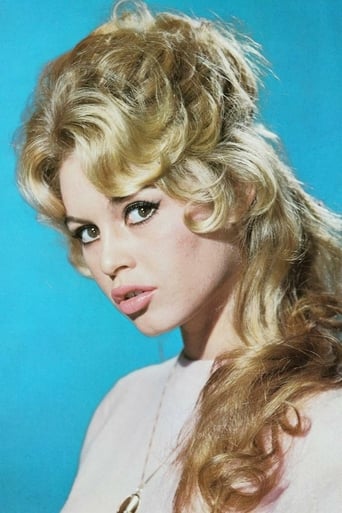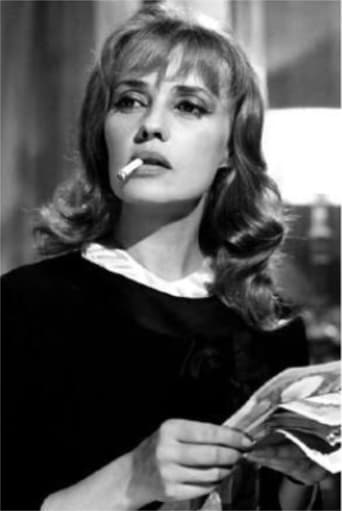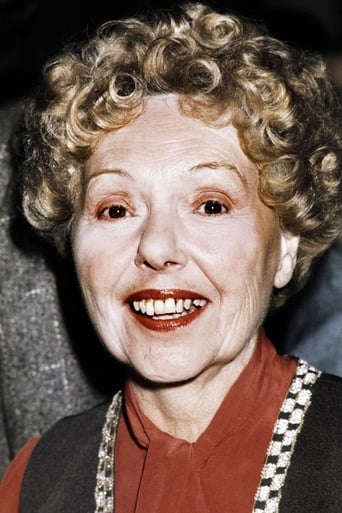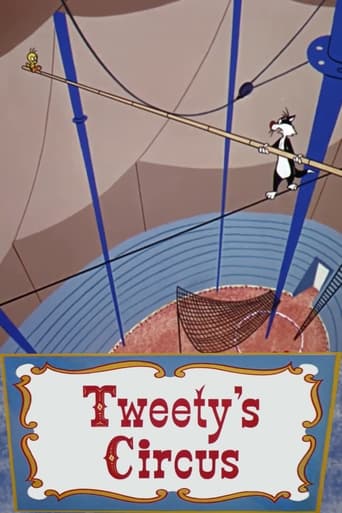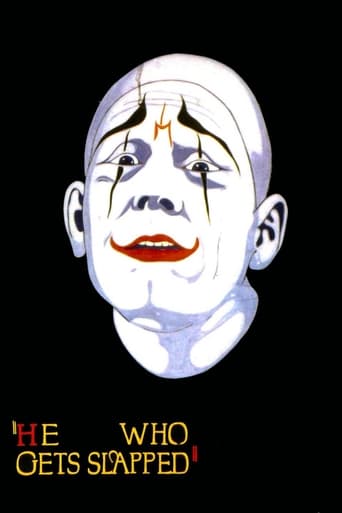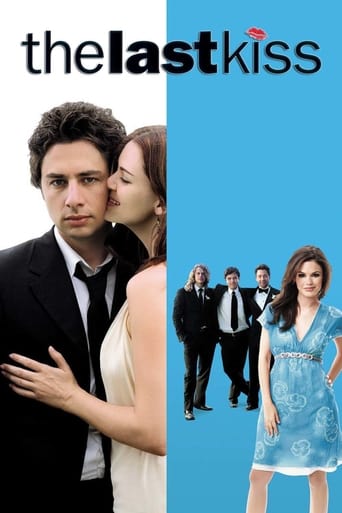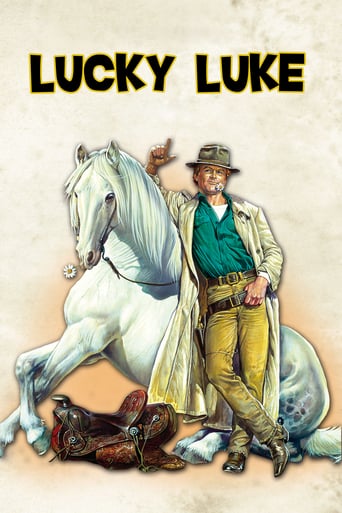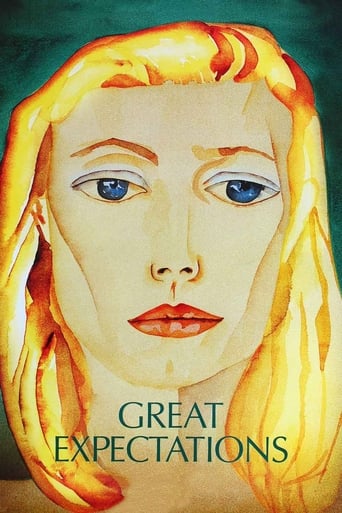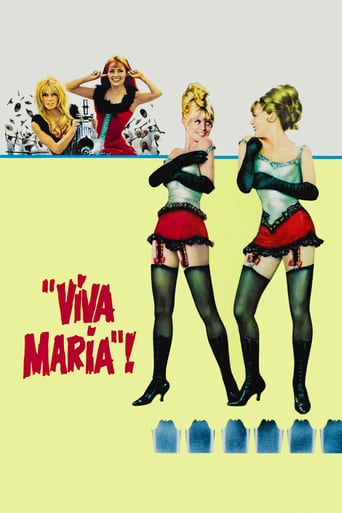
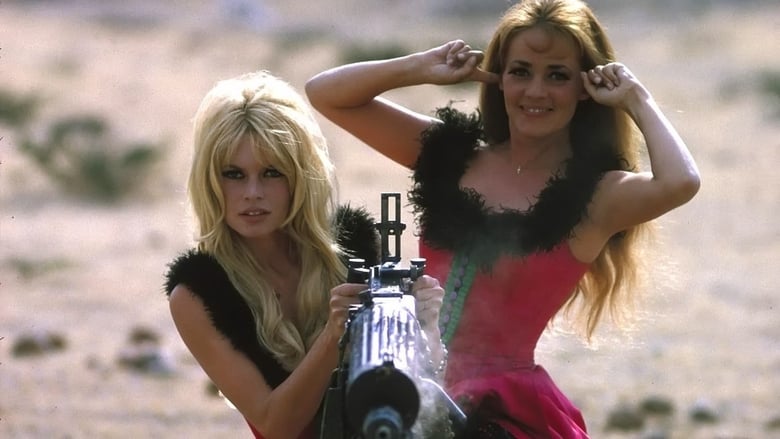
Viva Maria! (1965)
Gorgeous IRA operative Marie flees the British authorities and finds herself somewhere in the American continent, where she meets a stunning woman also named Marie, a singer in a traveling circus. The new friends start a vaudeville act that grows exponentially more popular after they incorporate striptease into their routine. When the singer Maria falls for a charismatic rebel, the girls leave the circus behind and recreate themselves as wild-eyed revolutionaries.
Watch Trailer
Cast
Similar titles
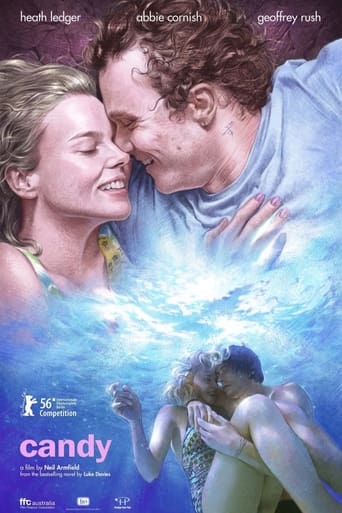
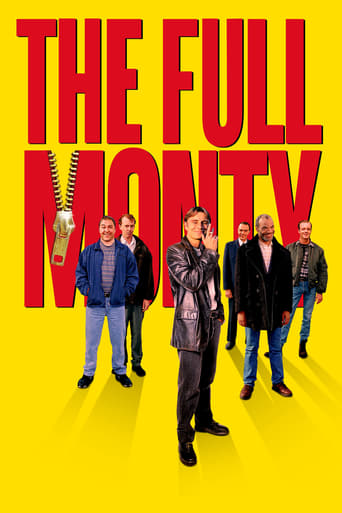
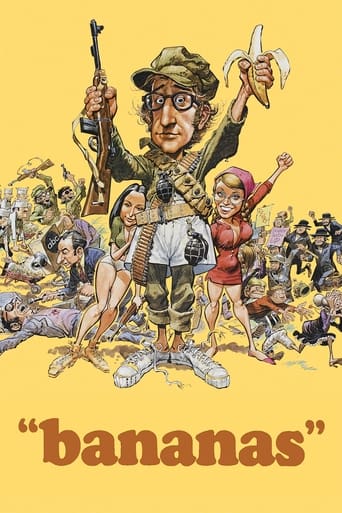
Reviews
Sorry, this movie sucks
The film makes a home in your brain and the only cure is to see it again.
The joyful confection is coated in a sparkly gloss, bright enough to gleam from the darkest, most cynical corners.
It’s sentimental, ridiculously long and only occasionally funny
Like Barot & Moreau? Easily pleased? Like lots of simplistic colour and movement? - this could be your show. It's a typically messed-up international co-production made for little reason other to exploit the teaming of two French beauties, one of whom was worthy of far better things (that's the late great Moreau of course). The script & direction (both Louis Malle), action and settings, are filled with subpar predictability and waste the talents of top French cinematographer Henri Decae and composer Georges Delerue. American society pretty boy George Hamilton, is reduced to the level of a guest star even though included in the main male line up. He is clearly the token American to boost the international sales. This is totally unworthy, unless you're into women simplistically flaunting their underwear to cover the lack of quality writing. Make better use of your time.
Just watched this film again after seeing it many years ago. It stands up well. Moreau and Bardot are fascinating to watch, together and apart, esp. in their musical numbers. Hard to take your eyes off them when they're on screen, which is most of the time. The many songs are catchy and the soundtrack score is absolutely beautiful--one of the best film scores I've heard in a long time. It captures both the epic quality of some of the excellent action scenes as well as the charm of a long-ago time in the slower, recurring themes-- gorgeous.The whole movie is unlike anything I've seen in ages. Well worth a viewing.
This was an amusing film, which was the first movie that I saw starring either Bridget Bardot or Jeanne Moreau. I actually saw it on a double bill back in 1965. It is of interest because it brings up a matter that American films about Mexico's Revolution (or that of the other Latin American Countries) rarely touch upon. This is the position of the Roman Catholic Church in these matters.The only time the issue of the Church and the Revolutionaries came up in American films was in the John Ford / Henry Fonda movie "The Fugitive". That (based on Graham Greene's novel "The Power And The Glory")dealt with the anti-Clericalism of the PRI regimes that ruled the country after 1920. In it Fonda is a fugitive priest who is trying to continue his religious role, despite the anti-clericalism of the regime. Greene (and Ford) were good Catholics, and stressed the negative actions of the revolutionary regime in Mexico (similar to the anti-religious viewpoint of the Communist regime in Russia). But the view barely notes why the anti-Clericalism developed.One of the largest land owning groups in Mexico (and in most of Latin America's countries) was the Church. And, due to the holdings, the Church tended to be rather conservative politically. In the 19th Century the greatest figure of reform in Mexico was Benito Juarez, who was from a poor native Indian background. But most of his career was in trying to strengthen Mexican democratic government, and to drive the French invasion (that briefly set up Archduke Maximillian of Austria) as Emperor. But after the French were driven out, Juarez spent the remainder of his years in office (1867 - 1872) trying to get through some kind of fair land reform. This did not sit well with the Church. It supported the regime of his successor (Porfirio Diaz), who was opposed to land reform - he invited foreign investors (many Americans) into Mexico. Diaz's policies were good in giving Mexico a stable economy and political peace for three decades (the longest growth period until the later 20th Century).The key character to watch in "Viva Maria" is Francisco Regueira, who plays the sinister Father Superior. It is he who is constantly in communication with the dictator, the landowner, and their minions. The role (as is the film) is played for laughs, but it is his behavior, conspiring against the two Marias and their friends, which is telling.The plot is interesting in bringing in the universality of revolution. Bardot is shown growing up, the daughter of an Irish revolutionary, constantly destroying British forts and other sites with his daughter assisting. When she joins forces with Moreau the latter's sister has committed suicide, so that she needs Bardot to replace the sister. It is a circus group, but Bardot and Moreau do a singing and strip-tease act. They are brought into the Mexican Revolution by the brutality of the local landowner (who rules like he has a mini-kingdom).The film was pure escapism: the circus group's resident marksman finds one of his special rifles is badly bent after an explosion - he doesn't throw it out, but attach-es a mirror to the barrel and uses the bent gun to shoot people around the corner. George Hamilton plays a local "Zapata" type hero, who is wounded and in hiding. When Bardot speaks in his honor, the members of the circus group listen to her words comments critically on her use of language, and on his theatricality - as though she is acting on stage.It is not a major film, even for director Louis Malle (don't compare it with "Atlantic City", for example). But as an enjoyable romp it's worth watching.
Loius Malle made a lot of serious, European-set films, so 'Viva Maria!', a comedy musical western, certainly represents an oddity in his catalogue. With Brigitte Bardot on board, you might think he couldn't have gone very far wrong. Unfortuantly, the dubbing of the English language version (reviewed here) is so appalling (and the choice of dialogue so dire) that you might be better off switching off the sound and enjoying it as a silent film, as there's only actually one song but a lot of visual comedy. A few details are nice, and in places Malle has fun with his camera, but overall the effect is more Carry-on than 'Moulin Rouge!'. The film also shows its age in its very sixties portrayal of liberated women. Overall, a sadly mediocre movie, made interesting only by the glimpse of its star.
